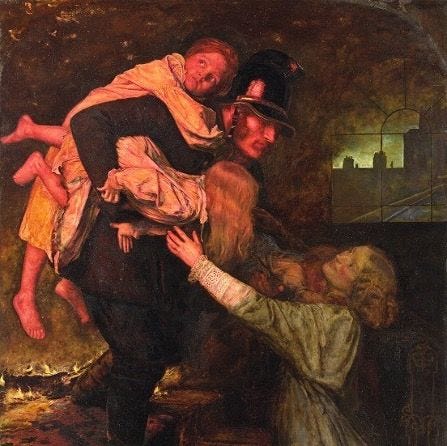
The signs of the potential death of our democracy are beginning to add up. The situation has grown stark enough to get Damir, our resident contrarian, to wonder if he’s been too glib about the state of our politics and if an inflection point might be approaching.
I tend to agree with the assessment that our democracy is in danger. It doesn’t feel inheren…
Keep reading with a 7-day free trial
Subscribe to Wisdom of Crowds to keep reading this post and get 7 days of free access to the full post archives.



